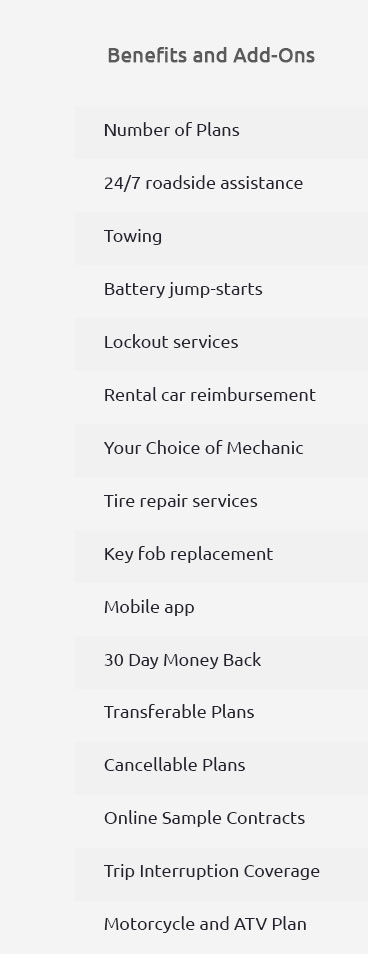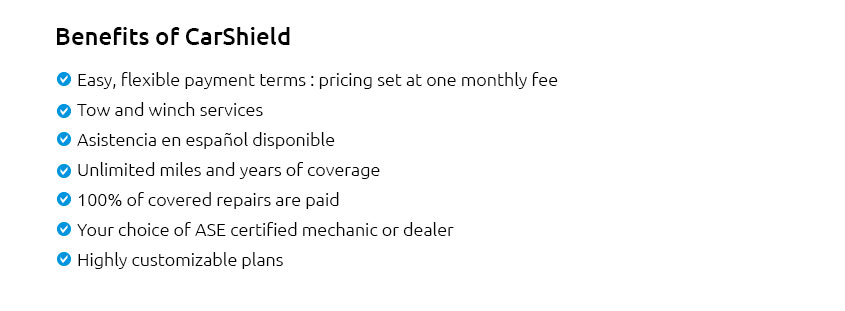 |
 |
 |
 |
 |
|||
 |
|||
 |
 |
 |
|
 |
|||
 |
|
 |
|
 |
|
 |
|
 |
|
 |
|
 |
|
 |
|

Understanding Auto Repair Protection Services: What to ExpectIn today's fast-paced world, auto repair protection services have emerged as a crucial asset for many car owners. These services, often referred to as extended warranties or vehicle service contracts, offer a sense of security by covering the costs associated with mechanical failures and breakdowns after the manufacturer's warranty expires. But what exactly can one expect from these services, and are they worth the investment? Let's delve into the intricacies of auto repair protection services to help you make an informed decision. Firstly, it's essential to understand what auto repair protection services entail. Generally, these services cover specific repairs or replacements of car parts that fail due to manufacturing defects or wear and tear. However, the scope of coverage can vary significantly between providers, making it imperative to read the fine print of any contract. Some plans might include routine maintenance like oil changes and tire rotations, while others focus solely on major repairs. A critical consideration is that these services are not insurance; they do not cover damage from accidents or natural disasters. Why consider auto repair protection services? The primary advantage is the financial security they offer. Car repairs can be unexpectedly expensive, and having a protection plan can help mitigate these costs, ensuring that a sudden breakdown doesn't break the bank. For those driving older vehicles or models with a reputation for requiring frequent repairs, these services can be particularly beneficial.
However, there are some downsides to consider. Not all auto repair protection services are created equal, and some may come with high upfront costs, limited coverage, or complicated claims processes. It's crucial to research and compare different providers, considering factors like customer reviews, coverage options, and the reputation of the service provider. Another potential drawback is the exclusion clauses that are often embedded within these contracts. These clauses can limit the coverage, such as excluding repairs needed due to neglect or pre-existing conditions. Thus, understanding the specifics of what is and isn't covered is vital before committing to a service plan. In conclusion, while auto repair protection services can offer substantial benefits, particularly for those with vehicles that are prone to mechanical issues, they are not a one-size-fits-all solution. Evaluating your individual needs, financial situation, and the specific terms of a contract is essential to determine if such a service is right for you. As with any financial commitment, due diligence is key, ensuring that the peace of mind these services promise is genuinely delivered. https://www.nationalvehicleprotection.com/
Extended vehicle warranty services for your Automobile. NVPS, Inc will provide a reliable extended auto warranty for your new or used car or truck. https://www.getcarefreeauto.com/
Is your car costing you a lot of money? Carefree Auto covers mechanical, electrical repairs, routine maintenance, roadside assistance and more! https://www.autorepairnetworkus.com/
Auto Repair Network delivers dependable protection plans that provide you with the same peace of mind as ...
|